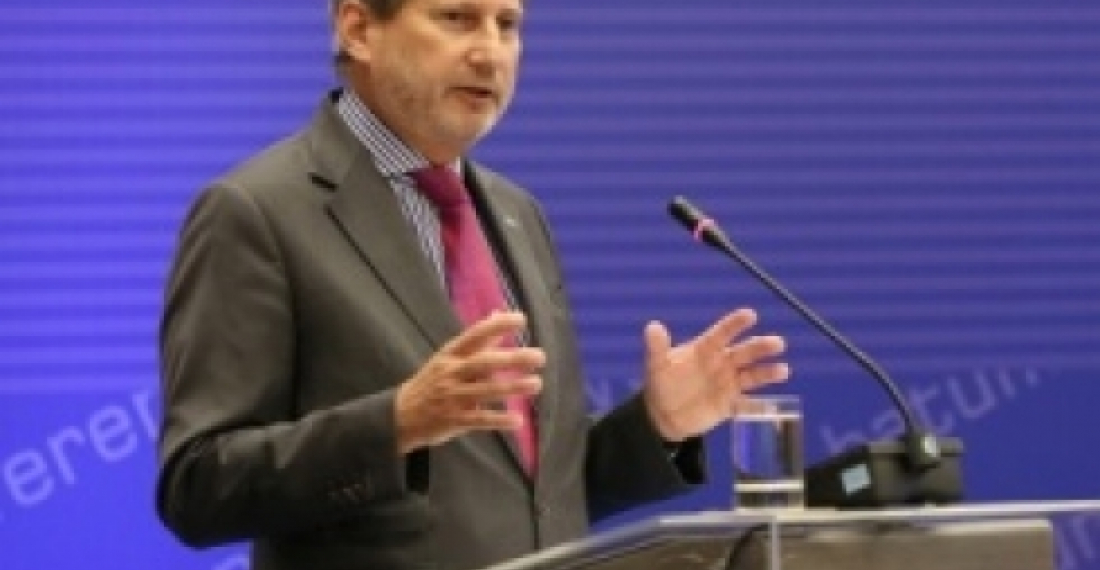Johannes Hahn, European Union Commissioner for Enlargment negotiations and Neighbourhood Policy, used the opportunity of a conference in the Georgian Black Sea port of Batumi on Thursday (14 July) to reassure his Georgian hosts, and other neighbours of the EU, that Brexit will not change the EU's relations with them, and that the EU will honour all its committments to its neighbours. Hahn admitted that the European Union was entering a difficult phase, and said that no one could predict what the future was going to look like.
Commissioner Hahn said that the strategic environment around the European Union had changed significantly, and the EU and its member states will need to address the way they dealt with these challenges internally and externally. He called on all the member states to stand together on security and defence issues.
Johannes Hahn also said that the EU will continue to work intensively with partners to the south and to the east, to build more resilient states and societies in Europe's neighbourhood. The key word in the EU's policy towards the neighbourhood was stability, and the recognition that this could only be achieved through economic development and increasing the wealth and prosperity of the societies of the neighbouring states, thus reducing significantly the root causes of instability.
Commissioner Hahn praised Georgia for the progress it has made in its relations with the EU. He said that in 2015 the trade turnover between Georgia and the EU was 2.58 billion euros. Georgia had seriously pursued its reform agenda in a whole spectrum of sectors. Johannes Hahn paid tribute to Georgia for fullfilling all the necessary criteria required for it to be granted a visa liberalisation regime. He said people to people contacts were an essential part of EU policy, and he hoped Georgian buisnessmen, students, academics and artists will soon be able to visit EU countries without needing a visa. He looked forward to this happening before October, he said.
Hahn emphasised the importance of making agreements on Association and free trade between Georgia and the EU work for ordinary people, and emphasised the important role played by SMEs in this process. He praised Prime Minister Kvirikashvili and European Integration State Minister David Bakradze for their important work and contribution to the process, and said he looked forward to working with them for the next years to finish the work that had been started.
source: commonspace.eu
photo: EU Commissioner Johannes Hahn speaking in Batumi on 14 July 2016 (picture courtesy of Inter Press news)







